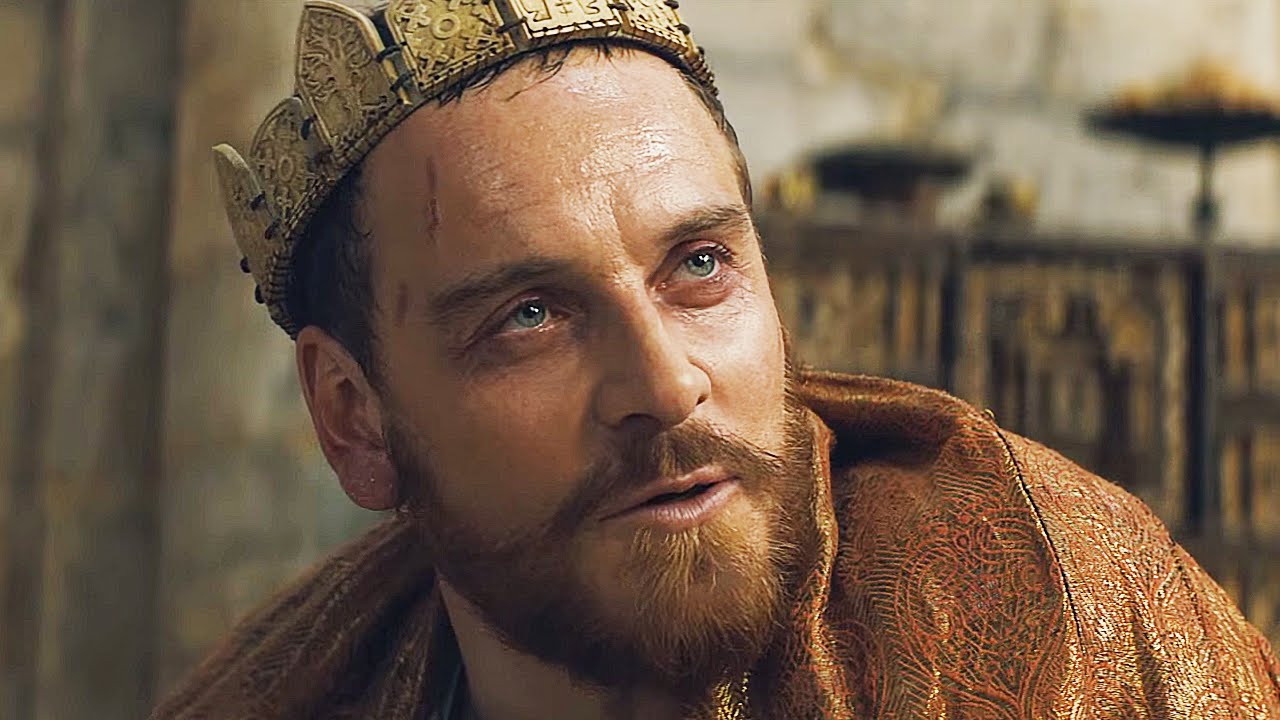
2015 was quite a year for British cinema. It saw such a wide multiplicity of movies being released, from westerns to war, romance and revenge as well as numerous thrillers of both the spy and science fiction variety.
It wasn’t just within specific genres either, you could find every category of filmmaking throughout the year from the UK with massive blockbusters, intimate indies and documentaries all showcasing the work of multiple talented British filmmakers that offered absolutely anything anyone could hope for over the course of the year. Here are fifteen of the very best films to be predominantly financed by British studios, made by British filmmakers and filmed in the UK.
15. The Danish Girl
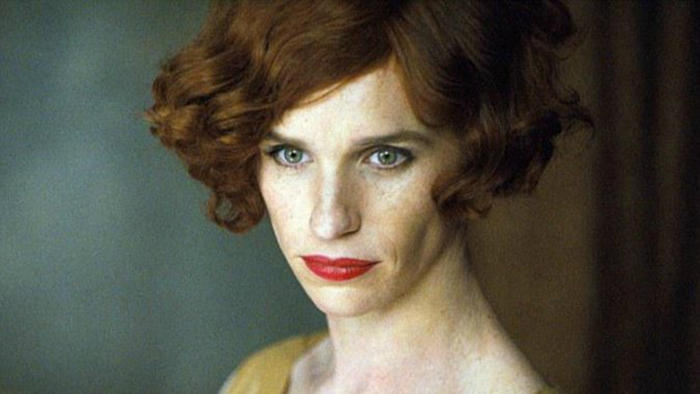
While it’s not without its flaws, there is no denying that The Danish Girl is an exquisitely made, stunningly shot and stunningly acted film. Tom Hooper brings the true story of Lili Elbe, one of the first recipients of sexual reassignment surgery, to the big screen with breath-taking beauty. Every shot is divinely composed with several striking images that say more than words ever could, even the finest details are wonderfully positioned and illuminated to meticulous magnificence.
The cinematography of the film by Hooper’s long-time collaborator Danny Cohen is also to be admired. It relishes in the physical transformation Lili underwent and uses the subtlest of nuances to emphasise that, focussing on the internal confusion and personifying it with a vibrant and elegant backdrop for the events to unfold.
The Danish Girl is a film that relies on its actors to convey the central themes and messages within it. Eddie Redmayne’s portrayal of Lili both before and after her operation is excellent, capturing the emotional turmoil as Einar Wegener discovers his true identity even if for a majority of that journey it is an emotional awakening he does not fully understand.
But the real star of the show is Alicia Vikander as Lili’s wife Gerda, who embodies the ideology of losing the man she loved but realising that this is who her husband was meant to be. The confusion she experiences, as well as the sense of loss is portrayed with such a visceral arc of development is astonishing as Vikander makes every moment of that process believable from her strength, optimism and eventual isolation. It actually makes you wonder whom the title of The Danish Girl is actually referring to.
14. Man Up
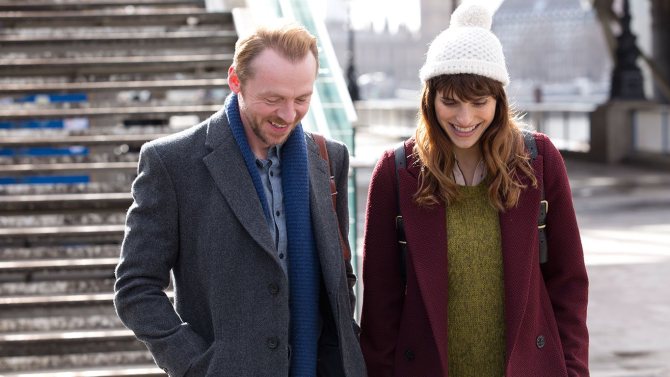
While Man Up displays the usual clichés and characteristics of a rom-com, it does so with such glee and passion that one can’t help but get sucked in by the plots likable nature, the wonderful chemistry between its two leads, the sometimes self-aware nature that permeates the film and the undeniable sense of fun that exudes from each and every scene.
On her way to her parent’s 40th wedding anniversary, Nancy (Lake Bell) strikes up a conversation with another woman called Jessica on her way to a blind date, carrying a self-help book as the indicator to the other half of the date who she is. But a misunderstanding leaves Nancy with the book and standing in the place of Jessica just as the Jack (Simon Pegg), other half turns up.
While the premise may seem ridiculous and flimsy, Man Up finds strength within its two leads. They share brilliant chemistry and are also fantastically likable but also slightly edgy which instantly makes them more interesting than your average rom-com leads, in many ways Jack and Nancy are the complete opposite of them. It helps that the characters evolve and develop over the course of the film which gives both Pegg and Bell good room to display their talents in the comedy genre.
Though it follows a set structure that you might expect, it subverts the concept to leave plenty or room for its mix of dry and sometimes awkward comedy that matches perfectly with the tone of the film as well as maintaining a sense of entertainment rather than searching for a half-hearted story. Man Up knows what it is, and it knows how to avoid blending in with the rest of the crowd by being innovative, humorous and heartfelt enough to leave a lasting impression.
13. Testament of Youth
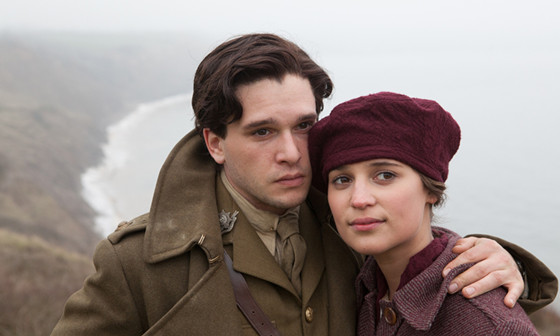
It was a deep shame that Testament of Youth ended up being as underrated as it was, because it was a highly unique perspective of war and consequences. While it did examine and chronicle the horrific effects World War 1 had on a generation, but did so from the perspective of a woman. Based off of Vera Brittain’s account of her experiences of the war, Brittain is played excellently by Alicia Vikander whose performance anchors the film (as it has with everything she has been in throughout 2015).
Here she plays a woman who abandoned her studies at Oxford University to become a war nurse. The horrific injuries she witnesses on a daily basis left a lasting impact on her and the widespread devastation of the war is accurately and painfully reflected within her performance of distress and depredation but also resolute and determination. She introduces such a level of complexity and ambiguity to the role, sometimes subtly questioning her characters mental capacity amid her strength and intelligence.
But Vikander is also reinforced by a superb supporting cast that includes Taron Egerton, Hayley Atwell and Kit Harrington. The responsibility of establishing a deep attachment with every character Brittain encounters to emphasise the trauma she experiences when they sustain their physical and emotional injuries. Testament of Youth’s script remains focussed upon the humanity within the story.
Though as a visual experience it is still mightily impressive with director James Kent providing a hauntingly beautiful style to the film that perfectly matches the story’s allegorical tone, with an endearing sense of grandeur while being compellingly intimate when it needs to be.
12. Life

Following the friendship of James Dean and Life magazine photographer Dennis Stock who would play a vital part in turning Dean into an icon, Life proved to be an interesting exploration of fame, friendship and photography. The director Anton Corbijn specialises in that last theme in particular as before his filmmaking career he was a respected and meticulous still photographer (kind of like another famous director, not saying that Corbijn is as amazing as him of course, but just a small observation).
It’s an unusually daunting process to tackle any aspect of James Dean’s life, given that the actor was so highly mythologised in the years since his tragic death. Here we see him just weeks before the premiere of the 1955 film East of Eden, which wold make him an overnight sensation. At the same time however this film does not restrict itself to simply telling the story of an image, it is about different forms of ambition and how they affect differing personalities. It chronicles an uneasy friendship and the impact each man leaves upon the other, made especially poignant by the fact that any impact Stock makes on Dean will soon disappear entirely.
The two leads are displaying very different and contrasting performances here. Say what you will about his role in Twilight but Robert Patterson is intriguing here as an awkward and difficult man and makes it exceedingly obvious that Stock sees potential in Dean and wishes to turn him into a star, not because he simply wants to help the young actor, but because he hopes it will excel his own career as a photographer.
Dane DeHaan excellently captures James Dean’s mannerisms and physicality and evokes some of his iconic characteristics, but also keeps it a degree away from the Dean we know and admire, instead he is playing one that is at the dawn of his brief rise to the top.
Though Corbijn’s direction is focused more on mood and atmosphere than narrative drive, it seems to work with the tone of the film, savouring every moment in its portrayal of a man whose time is unknowingly running out. By the time it reaches its forlorn ending there’s a certain mysticism hanging in the air with an eerie reverberation to it.
11. Spectre
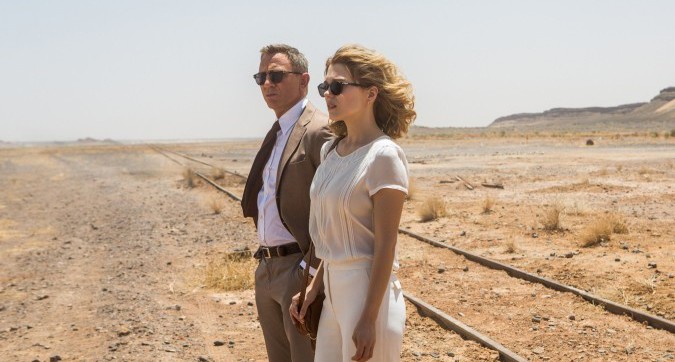
Bond’s 24th instalment had been haunted by a tumultuous production but Sam Mendes returned once again, along with Daniel Craig in the lead role to remind us why the secret agent has been with us on the big screen for over fifty years. Is it a perfect film? Probably not, but it has that classic sense of Bond-ish fun that permeates the entire film. Once again James Bond is pitched against a shadowy organisation lead by an even more mysterious mastermind.
It knowingly and lovingly refers back to the heritage and history of the franchise, complete with nail biting action sequences that are all carried out with a building momentum, as if each action scene builds upon the last. Mendes directs with an eye for both the artistry of action as well as the exhilarating side, on the one hand duplicating that gorgeous colour palette from Skyfall, but also tweaking it to give a distinctive look and feel to Spectre.
The film is also filled with moments of humour, to such an extent that it can be deemed funnier than most films that pass for comedies today. Through situational comedy, self-reference or self-awareness as well as some of the delightful character interactions that both defy and comply with the classic tropes of the franchise.
That opening tracking shot through the Day of the Dead festival, into the hotel and then outside onto the roof, is on its own worthy of endless praise and admiration, and the film continues to build upon the spectacle in the usual globetrotting fashion that its predecessors have but also manages to avoid having Bond simply as a commodity to the action. Instead Spectre takes more time to analyse the world around 007 as well as the titular secret agent himself. If this is to be both Mendes’ and Craig’s last outing in bringing the Bond to the big screen, it’s a fine way to bow out.
10. The Falling
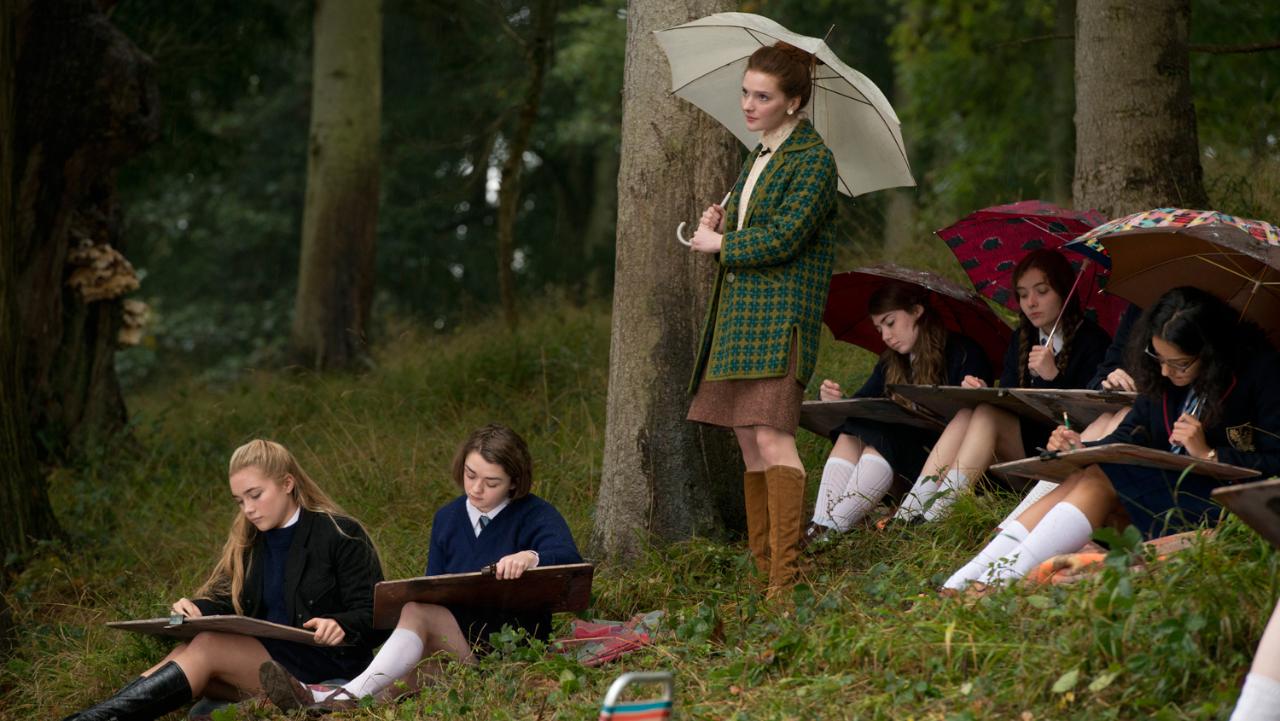
A mesmerising psychological drama from Carol Morley that just seems to get better and better the more one think about it and analyses its themes and imagery. It examines the friendship between two young girls at an English boarding school in 1969 and the challenges each of them face within their society as a fainting outbreak emerges within the school.
The Falling examines the themes of mass hysteria and panic within controlled societies as well as grief, loss and trauma. Those themes are only emphasised by how utterly ambiguous the whole plot remains, it you’re looking for a solution to every detail you are very unlikely to find it here, what you will find instead is a psychological study that succeeds in being both widespread and intimate as Morley observes the effects of panic on an individual and reflects it on a wider scale for the society around her.
There is also a distinct element of breaking through repression and seeing past the system of subjugation. As some girls seek answers to the phenomenon their teacher simply aim to restore normality through assemblies and morning hymns. The empowerment theme set within a school brings back memories of the British New Wave masterpiece If… but the concept of mass hysteria also draws inspiration from Fritz Lang’s M but the supernatural element that underpins the whole narrative creates a sense of the unnatural and unknown, the best comparison I could make on that front would be to original Wicker Man.
A highly experimental soundtrack only further heightens the themes of venturing into mysterious and unfamiliar territory. But where The Falling really excels is just how grounded it remains. Amid all of the big issues and ambition on display it is very much a film of human relations and personal identity as well as an endearing performance by Maisie Williams that will demand your attention and interpretation.
9. The Lobster
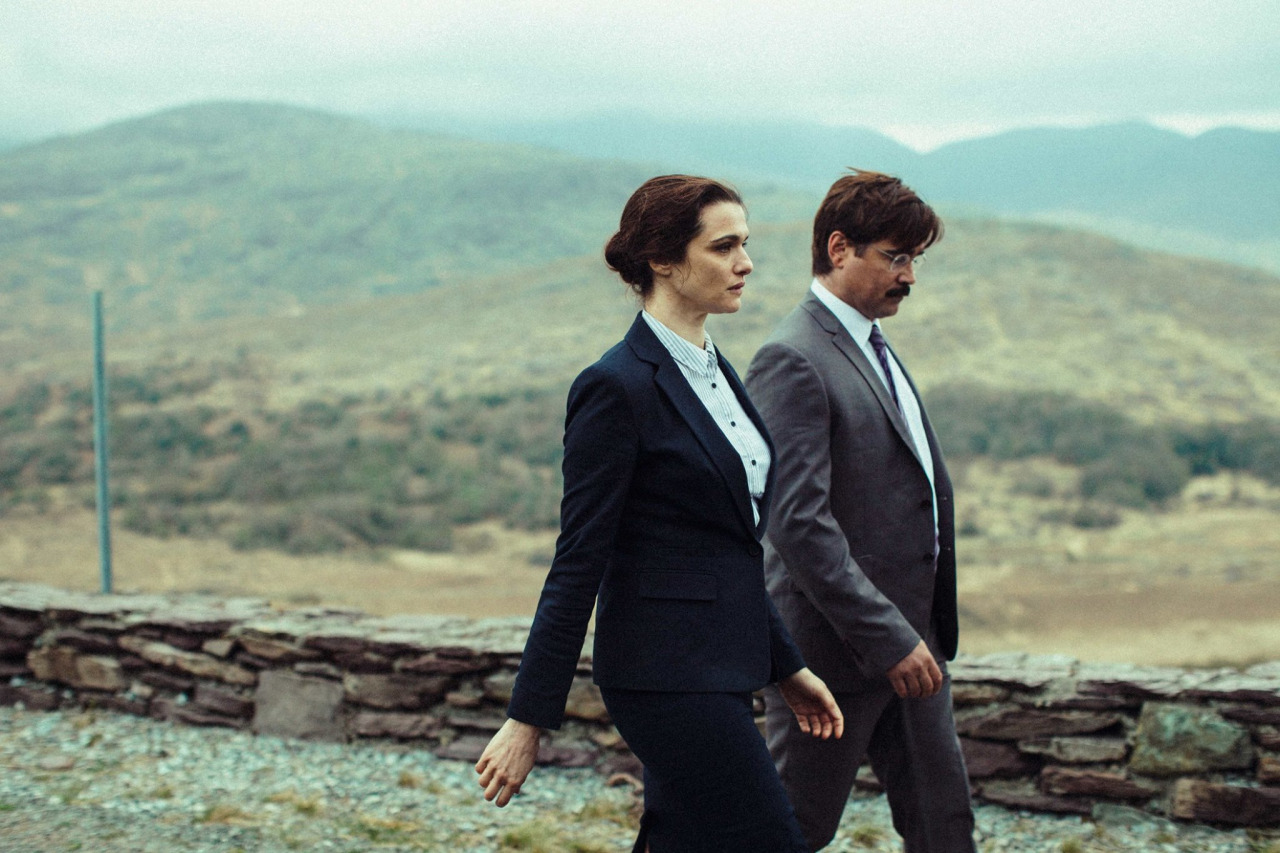
Yorgos Lanthimos’ English language debut is a dystopian dark comedy that is as strange as it is thrilling. In a world where those who are not in a relationship are condemned to be transformed into animals, David, played by Colin Farrell (who remarks that if he were to choose which animal he would turn into, it would be a lobster) escapes to join a group known as the loners having failed to find a partner. However, within this new group, where romance is forbidden, he falls in love with a woman.
Even from that description one can sense the offbeat sensibilities that permeate The Lobster, it’s an absurdist and often satirical outlook on relationships and the emphasis society puts on them. It deconstructs human interaction only to analyse it at its most basic level and ask what we search for in ritualised love and what society as a whole demands from it.
Though that sounds rather pretentious The Lobster is able to examine these questions from such a quirky yet intimate viewpoint that even the oddest outlooks seem relatively deadpan. When asked which animal he would like to be, David says a lobster because they live for a hundred years, remain fertile their entire lives and because he likes the sea. Has there ever been a stranger way to paint a portrait of a man’s personality.
But as often as it hilarious it can be surreally disturbing, with a genuinely horrific edge to it. Inhabiting the world alongside Farrell’s David are Rachel Weisz, Olivia Coleman and John C Reilly all give wonderfully deadpan performances that encapsulate this bizarre world Lanthimos creates and downplay it to the point of believability as does the entire tone of the film, with an endearing bleakness that makes this dystopia (in its own unique way) one of the most horrifying in cinema history).